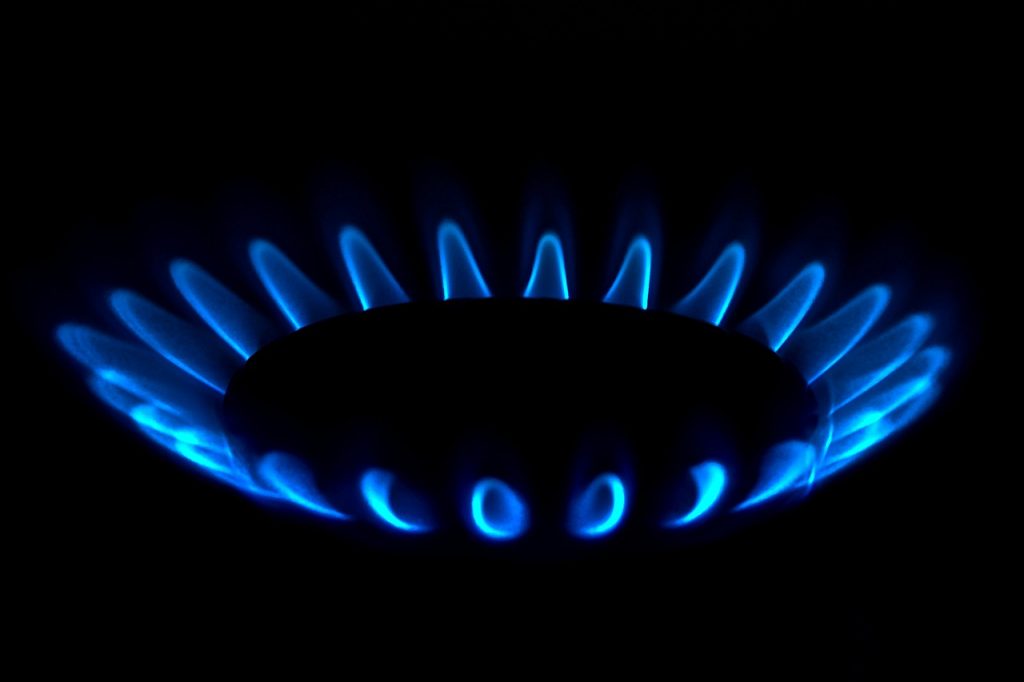Germany’s Gas Reserves Depleting Faster Than Usual – What It Means for You

As of Wednesday evening last week, Germany’s major natural gas storage facilities were filled to 46.97 percent of their capacity. While a seasonal decline in reserves is expected at this time of year, the pace of depletion in 2025 is noticeably faster than in previous years. In comparison, storage levels stood at just over 70 percent at the same point in the past two years. Between 2017 and 2021—before the energy crisis—the average level was around 54 percent.
The country’s gas reserves fell below the long-term average for the first time on January 15. Since the start of the year, the storage level has dropped from 79.8 percent to 32.8 percent. This means that between New Year’s and mid-February, Germany consumed about 50 percent more natural gas than the average for the years 2017 to 2024. Concerns about potential shortages were already raised back in November.
Households Are Using Less Gas
Typically, a surge in gas consumption is driven by two key factors. In private households, natural gas is primarily used for heating, making demand highly dependent on weather conditions. While exact daily usage data is not available, initial estimates suggest that households have actually consumed less gas since January compared to previous years. This aligns with the unseasonably warm weather recorded by the German Weather Service. The average January temperature since 1990 has been 0.9°C, but in 2025, it reached 2.0°C, significantly reducing heating demand.
Industrial Gas Demand Remains High
The second major consumer of natural gas is Germany’s industrial sector, which relies on gas for processes such as steel and glass production, as well as chemical manufacturing. At the beginning of the year, the Federal Network Agency warned that gas consumption in the industrial sector had risen by about nine percent compared to the previous year.
This trend appears to have continued into 2025. A recent survey by the Ifo Institute found that while German companies remain pessimistic about their economic outlook, business sentiment was at its highest since September 2024. Despite this, industrial gas consumption is not significantly higher than in previous years. This suggests that industrial demand alone does not explain why gas storage levels are depleting so rapidly.
Germany Is Importing Less Gas
The most likely explanation for the decline in storage levels lies in import data. Compared to the same period last year, Germany has imported about 14 percent less natural gas. Supplies from Belgium, the country’s third-largest gas supplier after Norway and the Netherlands, have dropped by roughly 50 percent. Additionally, Germany has received almost no gas from France and Austria this year—although these two countries accounted for only three percent of imports during the same period last year.
Germany has also not imported pipeline gas from Russia for some time now, further reducing available supply. With storage levels dropping faster than usual, questions remain about how the country will balance its energy needs in the coming months.




